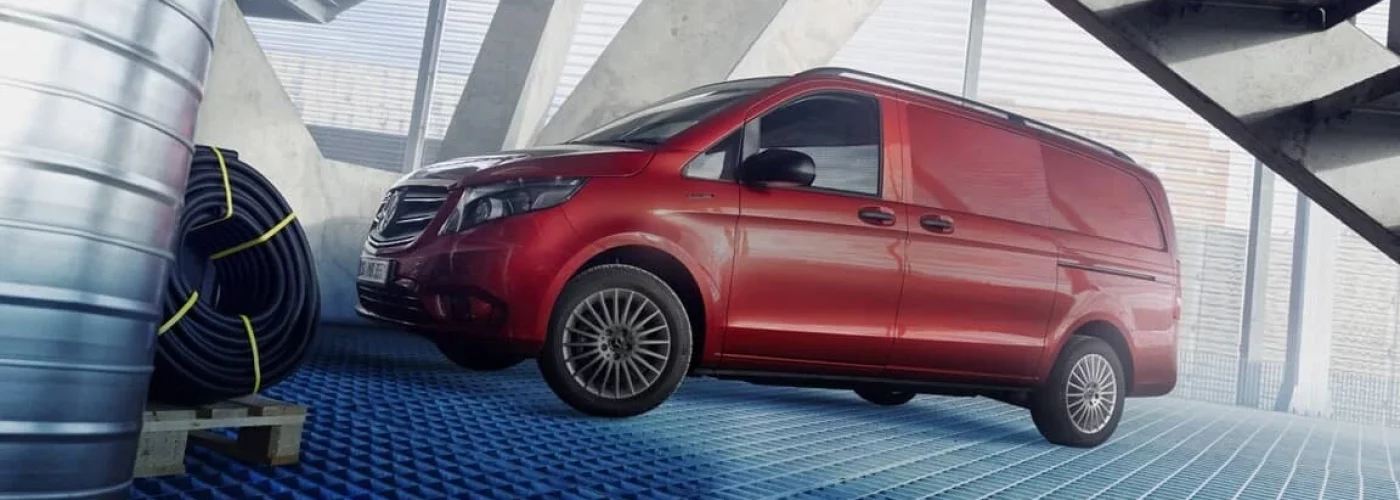Electric vans are the vehicles of the future, especially as businesses become more and more focused on sustainability and efficiency. There is a greater consumer demand and availability of electric models in the UK market and it was recorded that there are now over 810,000 electric cars on the road as of the end of June 2023.
If you work in the construction industry and are looking for a streamlined transport solution, electric vans are a perfect option. Coming with a variety of benefits, electric vans use fewer moving parts so you can revolutionise the way you run your business. Here are the reasons why electric vans are the way forward for builders:
Environmental Sustainability
The positive environmental impact of electric vans is one of their most convincing benefits. Electric vans do not run on oil products and have no tailpipe, meaning they produce no carbon dioxide emissions or greenhouse gases when driving. The vehicle is powered only by electricity, and it can be charged at designated charge points.
These vehicles have CO2 emissions of less than 50g/km due to the electricity needed to charge them. This is compared to the 170.5g produced per km by the average petrol car. This goes a long way to meeting the sustainability goals and regulations implemented in your company, which in turn attracts and engages top talent.
Lowering your carbon footprint and reducing air pollution contributes to a greener construction industry. Electric vans are a step forward in the right direction and encourage sustainable construction business practices.
Cost Savings and Operational Efficiency
There are plenty of cost-saving opportunities to be had with electric vans. Fuel costs are significantly lower than for petrol or diesel vehicles, so you’ll save money on running costs over time. While charging an electric vehicle often incurs a charge, it will cost you a fraction of what you would spend purchasing other fuel alternatives.
Maintenance costs are also lower with electric vans because there are fewer car components to service and replace. Also, the majority of electric van models are newer so there should be fewer trips to the mechanics.
On top of this, you can expect to see access to government grants and other cost-saving measures when you invest in electric vans. Low-emission vehicles are eligible for a plug-in grant from the UK government. This allows you to purchase your electric van more cheaply. If you’re going to be travelling around London, your electric vans will earn you a full refund on congestion charges.
Range Limitations and Price Considerations
The driving range of electric vehicles is improving all the time, but it is still a source of anxiety for consumers. Expensive price tags are another major component preventing many from making the switch to EVs but again, as time goes on, manufacturers are improving their product offerings and gradually bringing prices down.
For builders, this means that a range of electric vans, light commercial 4×4’s and other SUVs will gradually hit the market in the next few years. These vehicles will be designed to withstand tough building site terrains and weather conditions.
With the factors mentioned above, it would not be unrealistic for builders to expect lower transport expenses and lower insurance premiums over time. It would therefore make sense to consider other types of insurance products such as tyre insurance to protect your tyres from accidental or malicious damage or business content insurance in the event of a theft against your work tools.
Charging times for electric vehicles vary depending on the power of the charging system. While it could take under forty minutes to receive an 80% charge, it could also require an entire day for a full recharge. Even in the best-case scenario, it is quicker to refuel conventional vans than to charge an electric one.





